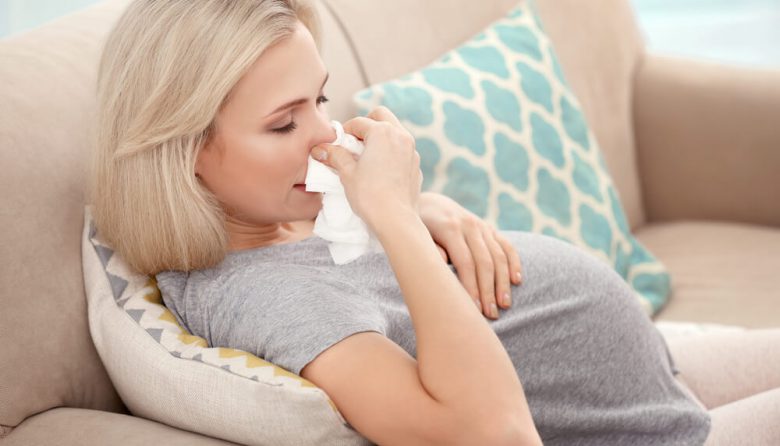Allergies during pregnancy: What expectant moms need to know
Developing an allergy is a common concern for mothers-to-be. It’s no fun to have a runny nose and watery eyes, especially when you think your ailment can take its toll on your baby. On top of that, seasonal allergy symptoms during pregnancy may overlap with gestational rhinitis. It’s often a nuisance to women who make it to the second trimester.
Don’t overreact even if your body overreacts, though. Knowing what to do can help you stay calm and have a problem-free pregnancy.
So can you get allergies during pregnancy?
Pregnancy is beautiful, but it doesn’t rule out allergies. Given the significant immune system changes, many women are likely to develop them for the first time. Your chances of having an allergy are even higher if you have had them before conception.
But the real question is, how might allergies affect your baby while pregnant? Here’s a moment of relief for expecting women: a stuffy nose, hoarseness, and bothersome itching do not affect a developing fetus. When your symptoms flare up, they are never harmful to your baby. However, certain medications may really be toxic.
Can you take allergy medications when pregnant?
If your allergy symptoms are intolerable, medications are your best bet to keep them in check. But if you’re expecting, you should be extra careful when choosing them.
There are several categories of medications to manage allergies in pregnant women. Nasal saline is usually recommended for mild gestational rhinitis as it comes with no harmful effects on the fetus. Decongestants and antihistamines may be used for moderate and severe allergies during pregnancy. But some of them are a definite no-no, so talk to your doctor first.
Immunotherapy can help in some cases, including when you’ve been getting shots before conception. Whether you’re a good candidate for it should also be discussed with your doctor.
What else can you do for allergies when pregnant?
The best thing you can do is try to prevent falling victim to allergies by:
- staying home or taking a face mask when pollen counts are high
- doing the regular cleaning as long as it doesn’t put your baby at risk
- investing in a quality air purifier
- avoiding pet dander
- eating meals and snacks that do not include dietary triggers
These tips are your practical guide on how to prevent allergies during pregnancy. But if you already suffer from one, see your allergist to describe your condition and get a thought-out treatment plan.

